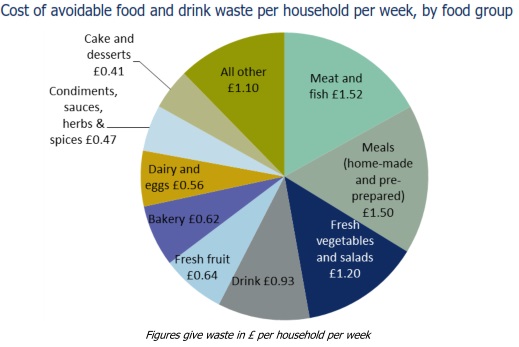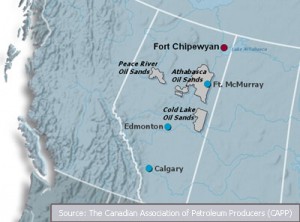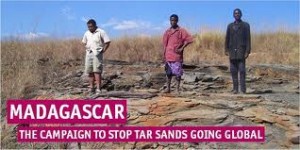Food Waste in the United Kingdom
The average person will spend £16 000 over the course of their lifetime on food which they will then throw away. That’s getting on for one year’s worth of wages on the median salary once taxes are taken into account.
In 2012, 15% of edible food and drink purchases were wasted at an estimated cost of £480 per year for an average household. This figure includes domestic shopping and meals out. If you divide this by 2.4 (the average number of people in a household) and multiply by 81.5 (average Life Expectancy) then this means the average person will spend just under £16 000 over the course of their lifetime on food which will be wasted.
Of food brought into the household (excluding waste generated by supermarkets and restaurants etc), £12.5 billion was wasted in 2012.
By cost, the largest food groups wasted were:
- Meat and fish (17%; £2.1 billion).
- Home-made and pre-prepared meals (17%; £2.1 billion).
- Fresh vegetables and salad (14%; £1.7 billion).
- Drink (10%; £1.3 billion).
- Fresh fruit (7%; £900 million).
On a day to day basis this means in the UK we throw away…
- 1.4 million bananas
- 1.5 million tomatoes
- 1.2 million yogurts
- 24 million slices of bread
Of course this is just the tip of the iceberg when it comes to the economic inefficiency of our food strategies. Some of the food we eat is effectively wasted because it simply goes towards making us overwight (37% of UK adults) or obese (25% of the UK adults). This then means we spend additional resources on diet regimes and gym memberships in order to lose said weight, or we pay more collectively through the NHS to deal with higher rates of weight-related illnesses.
Finally, one could say that the way we source our food is also inefficient – We only grow 53% of our food supply within the UK (I say only, I actually thought it was nearer to 40%) which means we also bear the cost of international food miles where imports are concerned. (Although in fairness, much of this comes from Europe, parts of which are not much further away than parts of the UK are from each other.)
Related Posts –
Why does the average person waste so much food?
Sources Used
DEFRA – Food Statistics Pocketbook 2013








